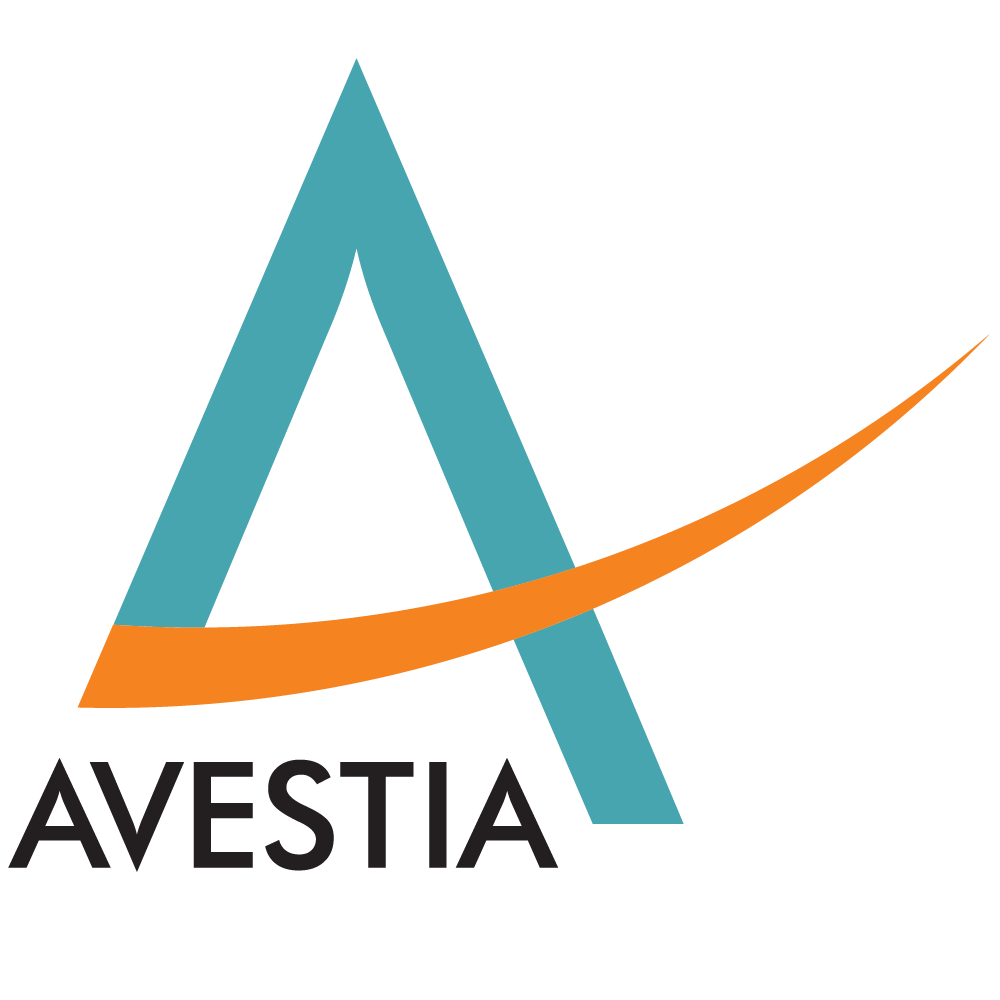João Paulo Ferreira, Luis Alberto Sáenz Isla, Maria Rita Scotti
Abstract: Disorderly urban expansion directly impacts city planning, a phenomenon that induces the settlement of vulnerable populations in areas lacking urban planning. Located in the northern sector of the city of Belo Horizonte (Brazil), the Izidora settlement has become established in the largest preserved fragment of the Atlantic Forest in the city, resulting in deforestation and degradation of riparian areas, affecting the region's watercourses. The Vitória Settlement, located in the Izidora region, is home to 4,500 low-income families. Due to the deficient urban infrastructure and buildings lacking a sewage system, domestic sewage is discharged directly into the watercourses, impacting the quality of aquatic ecosystems. In 2021, the Vitória Settlement was rehabilitated, aiming to restore the water bodies and their riparian forests. Among the recovery interventions, 12 Evapotranspiration Tanks (TEvaps), a nature-based and low-cost wastewater treatment system, were installed. These TEvaps promote the treatment of blackwater using microorganisms capable of decomposing organic matter, combined with plants that facilitate the elimination of water into the atmosphere through transpiration. This study evaluates the results of the TEvaps installed in the settlement through biological, physical, and chemical parameters of water samples collected from the region's watercourses.
Keywords: TEvap, wastewater treatment, water conservation, pollutant removal, black water.
Date Published: January 23, 2025 DOI: 10.11159/ijepr.2025.002
View Article